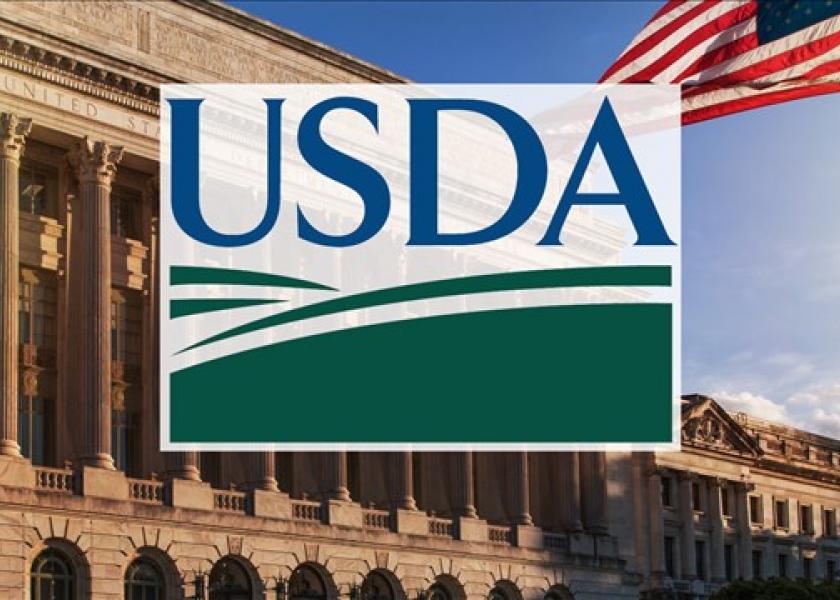Industry looks for changes to direct payment program

Specialty crop growers have only received a small portion of Coronavirus Food Assistance Program, and panelists on a United Fresh LIVE! session on federal coronavirus relief programs said the direct payment program for growers is targeted for changes by industry lobbyists.
The session, called the “The CARES Act Toolbox: Unlocking Federal Programs That Help the Fresh Produce Industry,” was moderated by Robert Guenther, senior vice president of public policy for the United Fresh Produce Association, on June 16.
In a weekly update on the Coronavirus Food Assistance Program on June 22, the U.S. Department of Agriculture reported that 2,253 specialty crop growers have received $84 million of the $2.1 billion allocated to specialty crop growers through the program. That’s less than 3% of the overall total direct payments of $4.01 billion to 252,489 producers.
The program is expected to distribute more than $16 billion in federal funds to growers by the end of August.
One element in the program pays specialty crop growers who suffered price declines of more than 5% from Jan. 15 through April 15. Lesser amounts are available for growers who lost foodservice sales with loads in transit. Another element of the program compensates growers for dumped commodities.
CFAP was hastily funded by the USDA to get funds to growers distributed quickly, said panel speaker Jessica Schulken, government relations counsel for The Russell Group.
The program is run through the USDA’s Farm Service Agency, and that agency doesn’t have much experience with specialty crop growers, she said. The biggest barrier for greater specialty crop participation has been low payment limits in the program. Program-wide limits for all crops are $250,000 per individual and up to $750,000 for three individuals in a corporation.
“(The limits) that they came up with are just exceedingly low and so nobody is getting a lot of funding, even if they are eligible,” she said.
The industry is seeking for improvements in the next round of funding from Congress and also urging administrative changes in the program that will make it easier for specialty crop growers to participate.
Fruit crops covered under the program now are apples, avocados, blueberries, cantaloupe, grapefruit, kiwifruit, lemons, oranges, papaya, peaches, pears, raspberries, strawberries, tangerines, tomatoes and watermelons. Vegetables covered are artichokes, asparagus, broccoli, cabbage, carrots, cauliflower, celery, sweet corn, cucumbers, eggplant, garlic, iceberg lettuce, romaine lettuce, dry onions, green onions, peppers, potatoes, rhubarb, spinach, squash, sweet potatoes and taro. Nuts covered are almonds, pecans, walnuts. Beans and mushrooms are also covered, the USDA said.
Guenther said United Fresh is urging USDA to expand the CFAP program to cover all fruits and vegetables.
United Fresh also is seeking to expand the time frame covering damages caused by the COVID-19 crisis beyond mid-April, he said. In addition, the association wants revised payment limits for growers of high-value specialty crops.
Traditionally, farmers of row crops such as corn and soybeans have set up their operations to maximize payments, said panel speaker Jonathan Cordone, principal of Cordone Consulting LLC.
“We’re more diverse, and to some degree, (the program) trying put a round peg in a square hole, and when you do that there are going to be gaps.”







